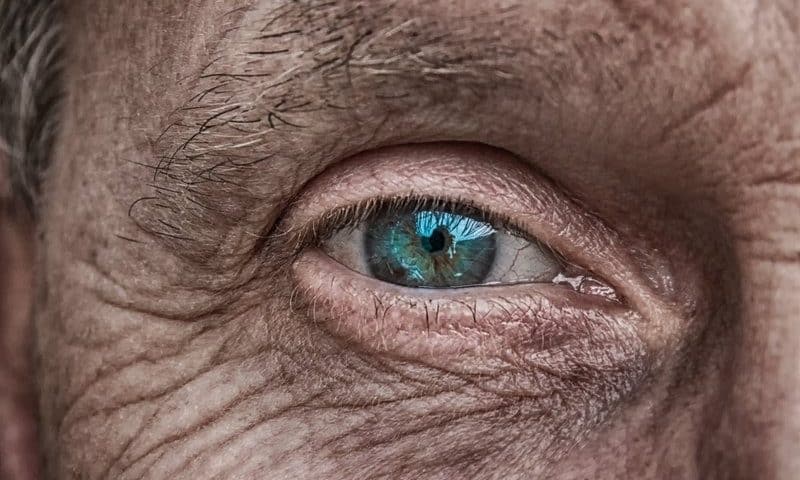What if the information you need to gauge your risk of a heart attack within the next year could be found in your eyes? Researchers led by the University of Leeds believe that to be true, and they’ve trained an artificial intelligence program to spot the warning signs.
The algorithm analyzes retinal scans taken during a routine eye doctor visit and looks for changes in the tiny blood vessels feeding the back of the eye, including complex patterns that have been linked to broader cardiovascular disease.
A team of engineers and clinicians from the U.K., China, France, the U.S. and Belgium trained the AI system on a collection of eye and heart scans gathered from more than 5,000 people. After being trained on both data sets, the AI program was able to use retinal data to estimate the size and efficiency of the heart’s left ventricle, the workhorse responsible for pumping oxygenated blood out to the rest of the body.
When combined with basic demographic stats such as the patient’s age and sex the AI predicted their chance of having a heart attack within the next 12 months with an accuracy between 70% and 80%, the researchers said. Their findings were published in the journal Nature Machine Intelligence.
As an enlarged ventricle can be a major sign of impending heart disease, the researchers said their system could act as an important referral mechanism, screening patients during routine eye check-ups and recommending them for more in-depth heart exams such as an ultrasound or an MRI.
Several companies are exploring the eyes as a window into a person’s health, as the cornea offers the only place where the body’s arteries, veins and nerves can be directly observed from the outside.
Last year Tesseract raised $80 million for its diagnostic platform, which works as a pair of high-tech binoculars pointed in the opposite direction. The scanner aims to spot not just eye diseases but also cardiac and neurological conditions using a remotely operated device.
Prior to that, the FDA granted one of its first approvals for an AI-powered diagnostic to a program for detecting diabetic retinopathy with a retinal camera: the IDx-DR system, developed by Digital Diagnostics.

